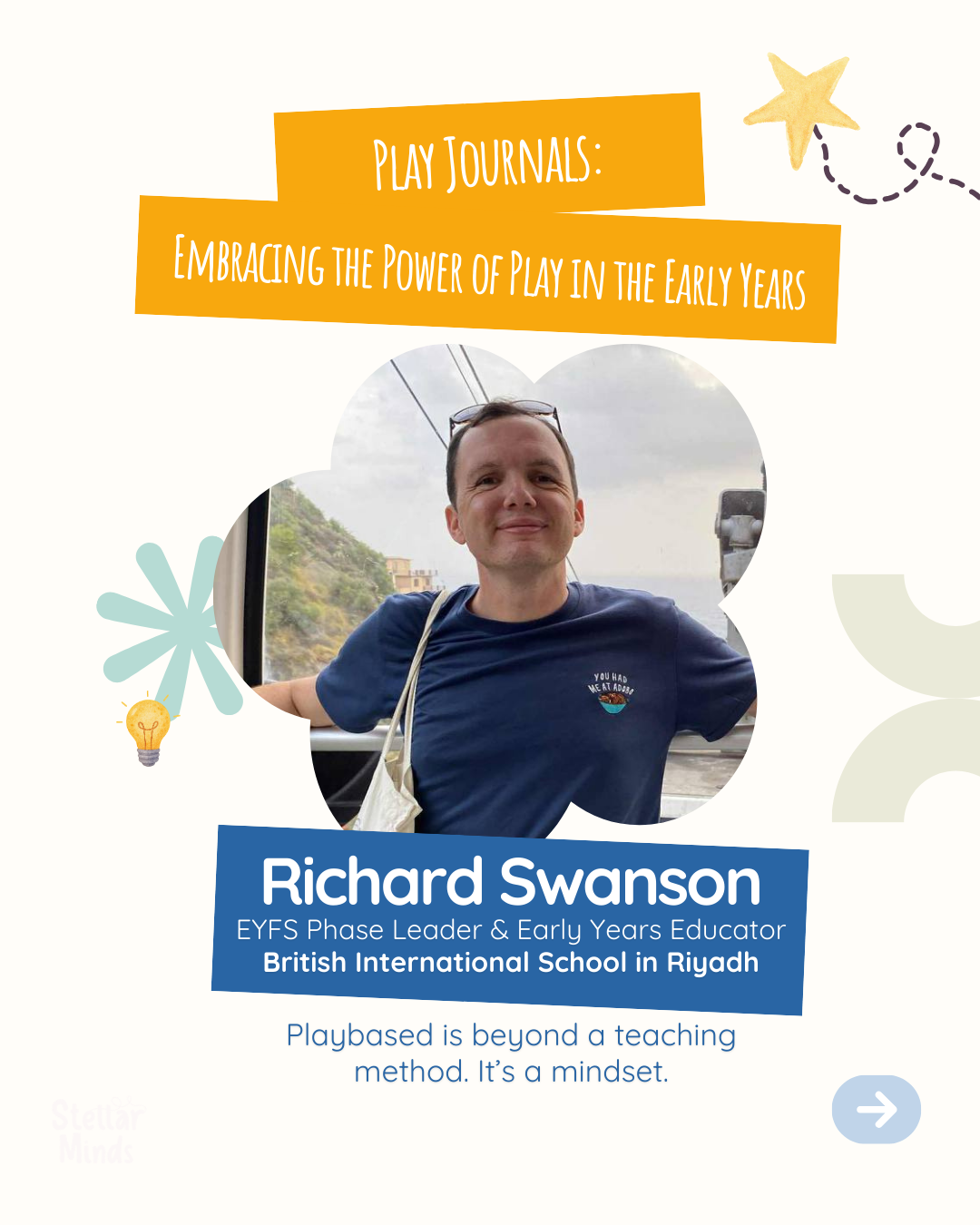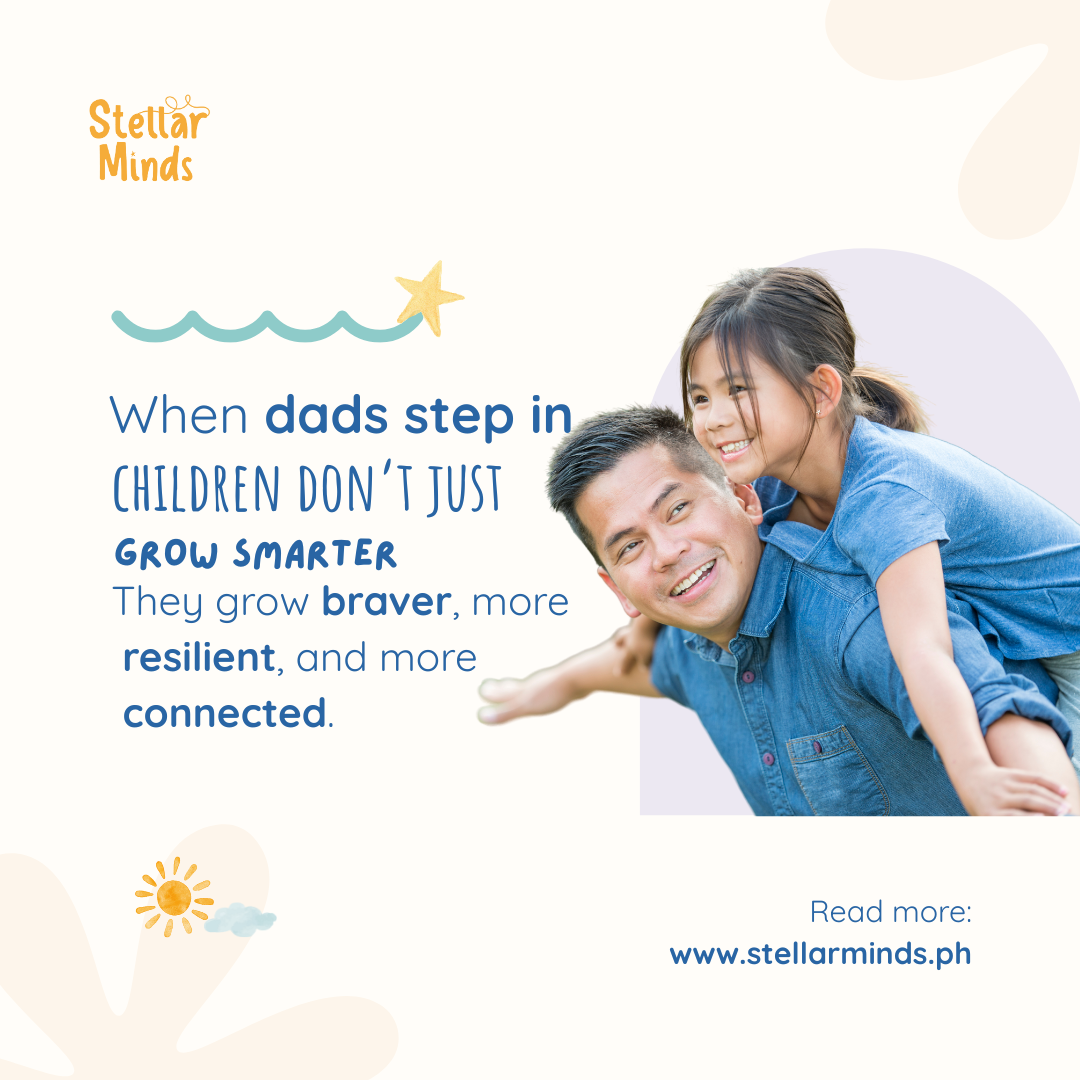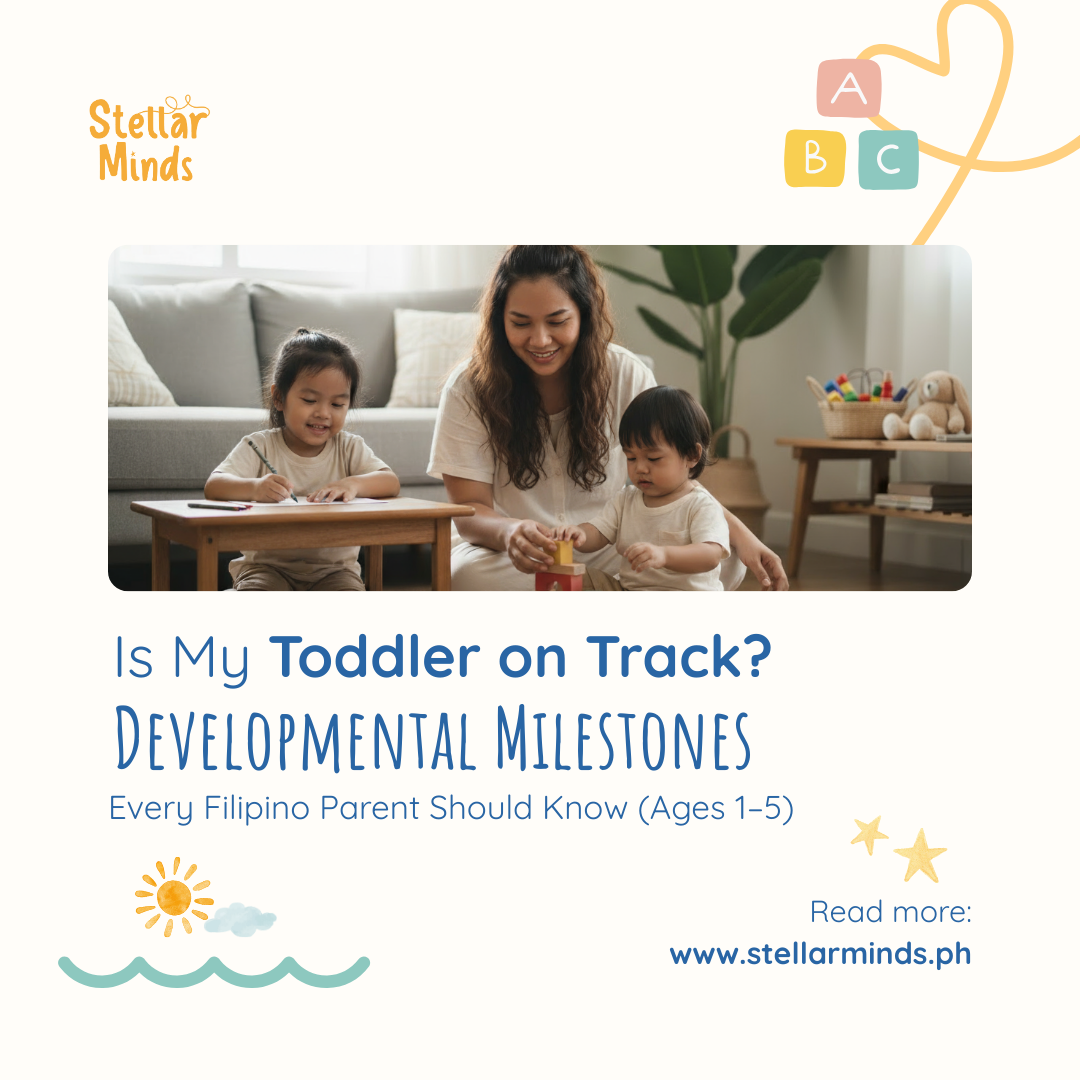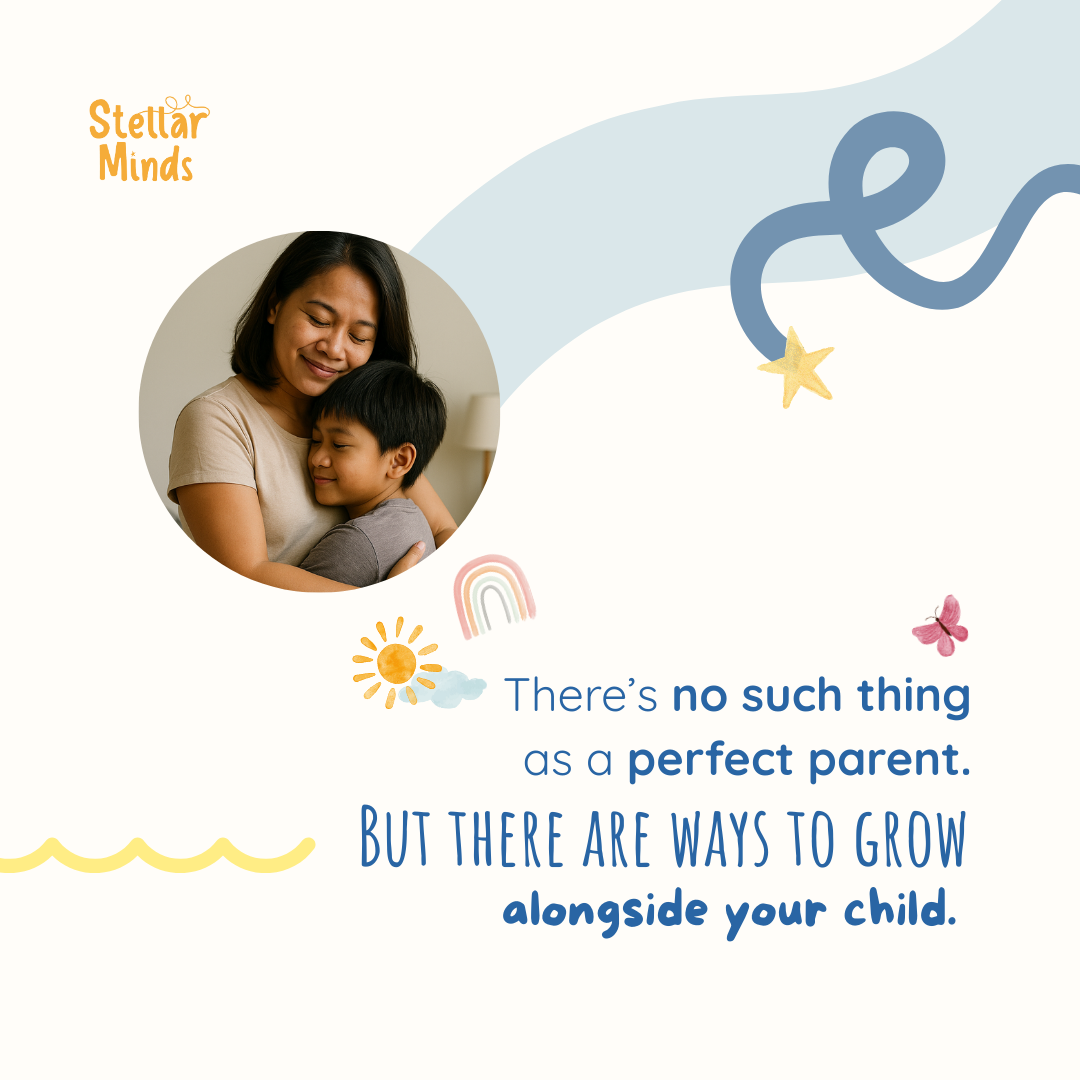
Embracing the Power of Play in the Early Years by Richard Swanson
Share
What does “play-based” really mean?
Play-based learning is not just a teaching method. It’s a mindset.
It recognises play as the central medium through which children explore, experiment, connect, and grow. It’s child-led, responsive, and rooted in trust.
This approach places children’s agency at the heart of the learning experience. It views them as capable, curious thinkers and trusts that, through play, they’re developing not only cognitive skills, but also essential social, emotional, and physical traits.
When we truly commit to play-based learning, we stop seeing play as “just fun” or “a break” from learning. We start recognising it as the learning itself.

Putting Play Into Practice
In my current role as EYFS Phase Leader at the British International School in Riyadh, I’ve led a shift toward a child-initiated, play-first approach across our Foundation Stage.
This has meant reshaping environments, aligning pedagogy, and building a shared understanding among staff of how young children learn best
In practice, play-based learning is visible in every part of the classroom:
- Open-ended provocations that invite children to wonder and experiment
- Role-play areas that mirror real-life experiences
- Outdoor spaces that inspire physical exploration and imaginative thinking
We also embrace in-the-moment planning, responding to children’s interests as they arise. When a child’s curiosity sparks an idea or question, that becomes our invitation — not to direct the learning, but to support, extend, and co-construct knowledge alongside them.
![]() How My Perspective Evolved
How My Perspective Evolved
When I began teaching in 2009, I was focused — like many new educators — on delivering objectives and checking boxes. But over time, with experience, reflection, and the support of inspiring mentors, I came to understand something essential:
Real learning cannot be forced — it must be invited.
I’ve been fortunate to engage with the work of early years pioneers like Anna Ephgrave, Greg Bottrill, and Elizabeth Jarman, who have each shaped my understanding of child-led, purposeful play.
But my greatest teachers have been the children themselves. Watching how they thrive when given time, space, and trust has been my most powerful professional development.
Working in international contexts has also taught me the importance of culture in early childhood education. Embedding play-based learning isn’t just about changing what we do — it’s about transforming how we think. It requires cultivating a shared belief that play is powerful, purposeful, and deeply pedagogical.
A Shared Vision with Stellar Minds PH
This is why I am so aligned with Stellar Minds PH. Their approach reflects the same values I hold dear:
- Trust, in the natural learning capacities of children
- Thoughtful design, grounded in developmental research
- Joyful experiences, that children genuinely love
Resources like those developed by Stellar Minds PH designed by educators, trusted by parents, loved by kids, create spaces where learning can unfold naturally, through discovery, creativity, and joy.



